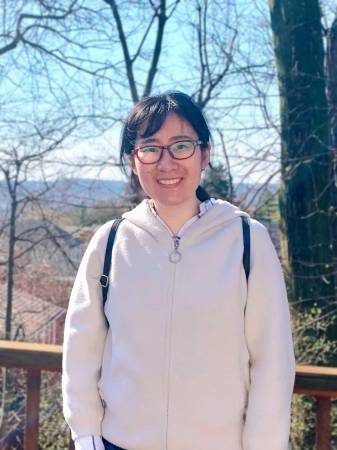
Title: Towards General Autonomy: Learning from Simulation, Interaction, and Demonstration
Abstract: Today’s autonomous systems are still brittle in challenging environments or rely on designers to anticipate all possible scenarios to respond appropriately. On the other hand, leveraging machine learning techniques, robot systems are trained in simulation or the real world for various tasks. Due to the expensive nature of acquiring robotic data, learning algorithms are prone to overfitting to a specific task or a specific type of environment. To address these issues, my goal is to develop general robot systems that can learn and adapt while interacting with the environment. In this talk, I will introduce my first few steps toward a general and self-adaptive system. Specifically, I will describe my research in applying large-scale training, self-supervised learning, and inverse reinforcement learning to perception, state estimation, and planning components of the autonomy system. Finally, I will discuss future works that I believe would be key to improving the robustness and bringing robots to more real-world tasks.
Bio: Wenshan Wang is a Senior Project Scientist in AirLab at Carnegie Mellon University. She completed her Ph.D. in Robotics Institute at Shanghai Jiao Tong University in 2017, and has since spent time in AirLab as Postdoctoral Researcher and Project Scientist. Her research focuses on developing autonomous robot systems that are robust to challenging environments and tasks using machine learning. She organized workshops about SLAM, robot learning, and multi-modal pretraining at CVPR2020 and ICCV2023
